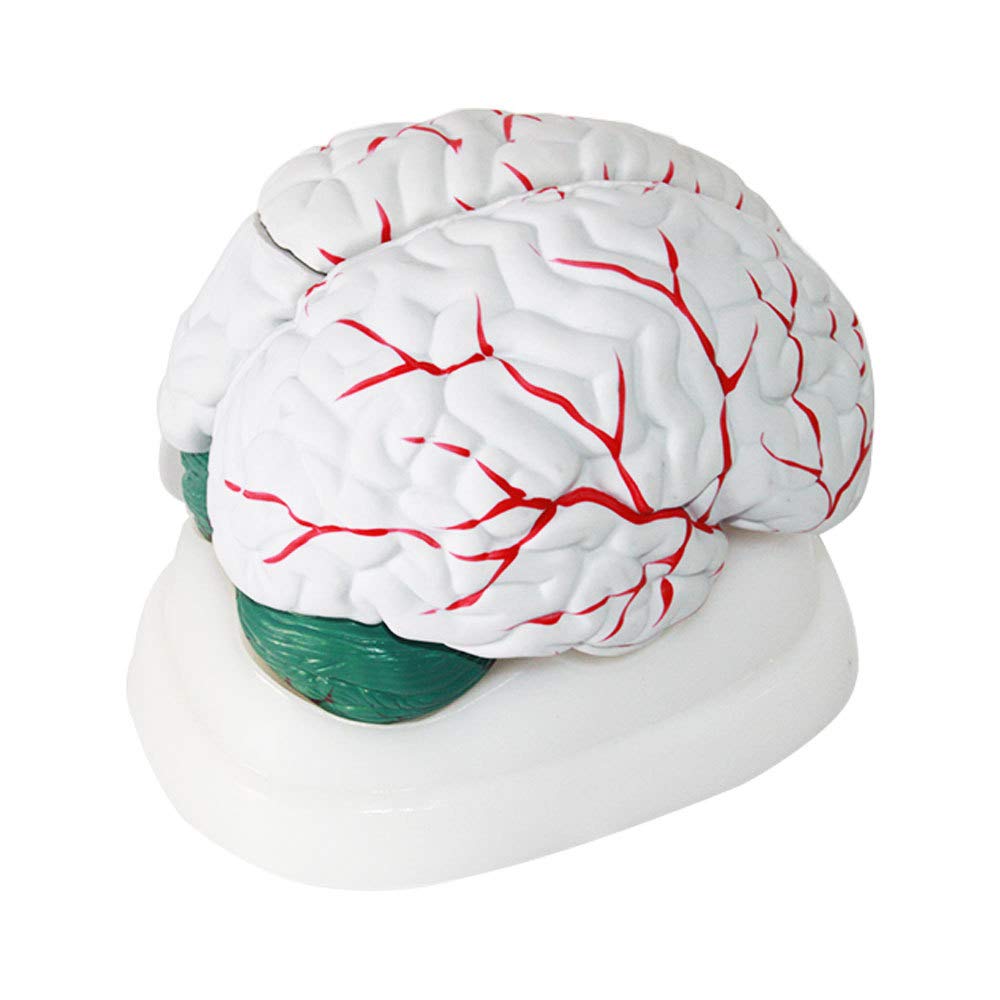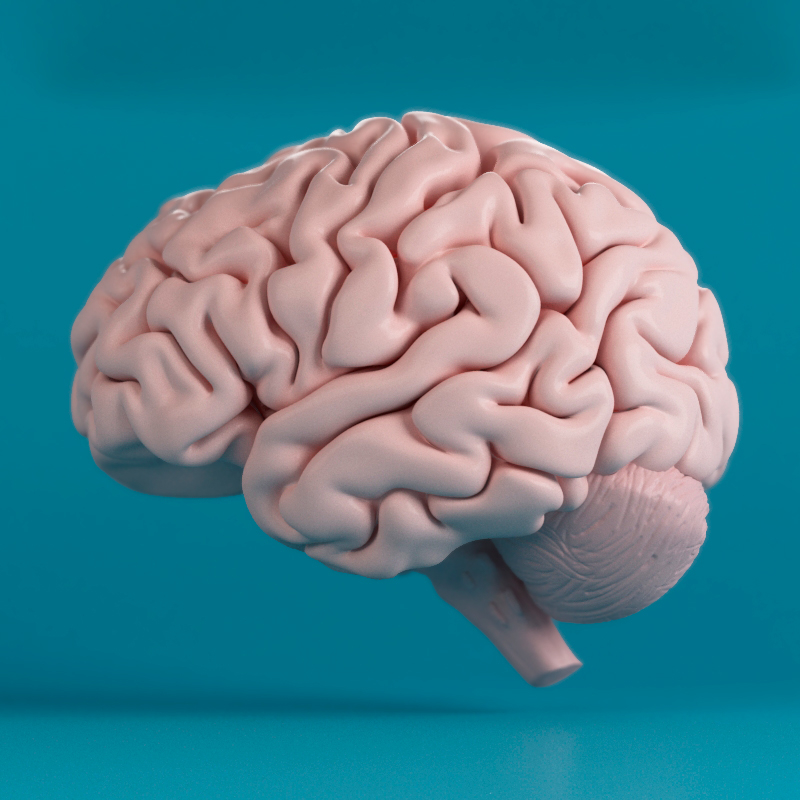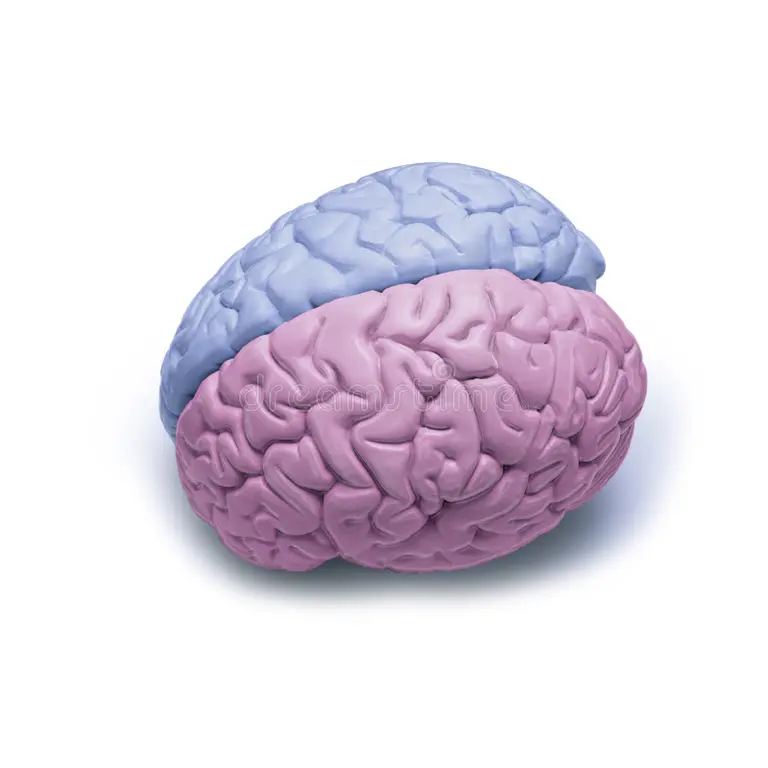Understanding Depression and Brain Fog
Depression and brain fog often coexist, creating a challenging situation for many. This connection influences daily life and overall well-being. Addressing both issues simultaneously can lead to improved mental health. Understanding their relationship is crucial for effective management.
The Nature of Depression
Depression is a mood disorder that affects millions globally. It manifests through feelings of sadness, hopelessness, and a lack of motivation. Individuals may experience physical symptoms, including fatigue and changes in sleep patterns. These symptoms vary among individuals but significantly decrease quality of life. Often, professional help is required for diagnosis and treatment.
Feeling hopeless or overwhelmed is common in individuals suffering from depression. Activities that once brought joy can become burdensome. As a result, many withdraw from social situations. This social withdrawal exacerbates feelings of loneliness. Furthermore, depression can lead to physical health issues such as heart disease and diabetes.
Effective treatment for depression typically includes therapy and medication. Cognitive-behavioral therapy (CBT) is particularly beneficial. This form of therapy helps individuals identify and change negative thought patterns. Antidepressant medications can also aid in balancing chemicals in the brain. However, both methods require time and consistency to yield results.

What is Brain Fog?
Brain fog refers to a temporary state of mental cloudiness. People experiencing brain fog often describe feeling confused, forgetful, and mentally sluggish. It is not a medical condition but rather a symptom of various underlying issues. Common causes of brain fog include stress, anxiety, fatigue, poor nutrition, and hormonal changes.
Brain fog can significantly impact daily functioning. Tasks that require focus become daunting challenges. Many people find it hard to concentrate, leading to reduced productivity. This inability to think clearly can result in frustration and self-doubt. Additionally, individuals may struggle with memory issues, making simple tasks feel monumental.
Dehydration and lack of sleep contribute to brain fog. When the body lacks essential resources, cognitive function diminishes. Maintaining proper hydration and sleep hygiene is essential for mental clarity. Therefore, individuals should prioritize these factors for overall health.
How Depression and Brain Fog Connect
Scientists have explored how depression and brain fog intersect. Both conditions share common biochemical pathways. Neurotransmitters such as serotonin and dopamine play a critical role. An imbalance in these chemicals often leads to mood changes. This imbalance can create cognitive dysfunction as well.
Additionally, inflammation in the brain has been linked to both conditions. Chronic stress may contribute to inflammation. This can further exacerbate symptoms of depression and brain fog. Thus, inflammation becomes a key area for research. Understanding these shared characteristics provides insight into treatment options.
Lifestyle factors also contribute to this connection. Poor sleep quality is a significant factor. Many individuals with depression struggle with sleep disturbances. Insufficient sleep negatively impacts cognitive function. Consequently, this creates a vicious cycle where depression and brain fog reinforce each other.
Furthermore, nutrition plays a vital role in brain health. Deficiencies in essential nutrients can worsen symptoms. Lack of vitamins like B12 and minerals can lead to cognitive decline. Therefore, addressing nutrition becomes a crucial aspect of managing these conditions. A comprehensive approach is vital for recovery.
The Overlap Between Depression and Brain Fog
Depression and brain fog often intersect. Many people with depression report persistent brain fog symptoms. This overlap creates complications in diagnosis and treatment. Understanding this relationship is essential for effective management. Individuals may find it challenging to discern whether brain fog stems from depression or other factors.
Research indicates that depression can impair cognitive function. Neurotransmitters that regulate mood also play roles in cognitive abilities. Low serotonin levels, often associated with depression, can contribute to feelings of brain fog. Thus, treating depression may alleviate some cognitive symptoms.
Moreover, anxiety often accompanies depression. Anxiety exacerbates brain fog, leading to a vicious cycle. High-stress levels can make it difficult for individuals to concentrate. Addressing both anxiety and depression is vital to breaking this cycle.
Effective Strategies for Managing Depression and Brain Fog
There are effective strategies to manage both depression and brain fog simultaneously. Regular exercise plays a crucial role in improving mood and cognitive function. Physical activity releases endorphins, positively affecting mental well-being. Additionally, exercise boosts blood flow to the brain, enhancing cognitive clarity.
Maintaining a balanced diet also contributes to mental health. Nutrient-rich foods provide essential vitamins and minerals. Omega-3 fatty acids, B vitamins, and antioxidants are particularly beneficial. These nutrients support brain health and help combat symptoms of depression and brain fog.
Practicing mindfulness and relaxation techniques can reduce stress levels. Techniques such as meditation, yoga, and deep breathing exercises promote mental clarity. These practices encourage individuals to reconnect with their thoughts and emotions. Focusing on the present moment can alleviate feelings of anxiety and depression.
Getting adequate sleep is crucial for cognitive function and mood regulation. Sleep disturbances are common in individuals with depression, leading to increased brain fog. Establishing a regular sleep schedule can enhance overall well-being. Prioritizing sleep hygiene fosters a healthy sleep environment, vital for recovery.

Seeking Professional Help
Professional assistance is often necessary for managing depression and brain fog. Mental health professionals provide valuable insights and treatment options. Therapy can help individuals understand their feelings and develop coping strategies. Establishing a strong support system encourages open communication about one’s mental health.
Medication may be beneficial for some individuals. Antidepressants can help stabilize mood and address cognitive impairment. A healthcare provider can assist in finding the right medication and dosage. Regular check-ins with a healthcare provider ensure individuals receive the necessary support.
Support groups can also be beneficial for those struggling with depression and brain fog. Connecting with others facing similar challenges fosters a sense of community. Sharing experiences and strategies can provide motivation and encouragement. This shared experience is crucial in combatting feelings of isolation.
Lifestyle Changes for Long-Term Wellness
Implementing lifestyle changes can foster long-term wellness for those affected by depression and brain fog. Developing a routine creates structure and promotes stability. Consistency in daily activities can help reduce feelings of chaos and uncertainty. This structure aids individuals in managing symptoms effectively.
Incorporating hobbies and interests into daily life stimulates cognitive function. Engaging in creative activities can serve as an outlet for emotional expression. Such activities can distract from negative thoughts, improving overall mood. Being involved in satisfying pursuits encourages a sense of accomplishment.
Establishing strong social connections can combat feelings of isolation. Regular interactions with family and friends provide emotional support. Building these relationships fosters a sense of belonging. This support system is essential for individuals navigating their mental health journey.

Moving Forward with Hope
Navigating the challenges of depression and brain fog can be daunting. However, individuals can find hope and healing through various avenues. Recognizing the connection between depression and brain fog is the first step. Understanding that these conditions can improve empowers individuals. Acknowledging the importance of self-care and support is vital.
Establishing a balanced lifestyle promotes mental and emotional well-being. Consistent physical activity, proper nutrition, and mindfulness practices can be transformative. Additionally, seeking professional guidance leads to effective coping strategies. Establishing connections with supportive communities fosters resilience.
The journey toward healing is often non-linear. However, with the right tools and support, progress is achievable. Individuals can reclaim their mental clarity while managing depression. Ultimately, developing a personalized plan is key to overcoming these challenges. Taking action, seeking support, and believing in the possibility of improvement can lead to a brighter future.
Fostering Resilience
Building resilience is an essential component of recovery. Resilience empowers individuals to face challenges head-on. Developing coping mechanisms helps manage stress effectively. This aids in mitigating the impact of brain fog and depression.
Practicing self-compassion fosters a positive mindset. Understanding that setbacks are part of the healing journey is crucial. Embracing imperfections helps cultivate acceptance. Individuals become kinder to themselves, further enhancing mental well-being.
Setting realistic goals can also foster resilience. Break down larger tasks into smaller, achievable steps. Celebrating small victories reinforces confidence. This gradual process helps individuals reclaim their sense of accomplishment. Therefore, it boosts overall motivation.
Moreover, cultivating hobbies promotes mental clarity. Engaging in enjoyable activities enhances focus. Hobbies serve as a form of escapism, reducing feelings of negativity. Leveraging creative outlets contributes positively to emotional health.
Ultimately, nurturing resilience leads to sustained growth. Building a support system enriches the recovery journey. Resilience becomes a powerful tool to combat challenges. It empowers individuals to navigate depression and brain fog effectively.

Conclusion: Moving Forward
Navigating through depression and brain fog can feel daunting. However, understanding their connection is the first step toward effective management. A commitment to self-care, professional support, and lifestyle changes fosters improvement. Seeking help is not a sign of weakness; it is a step toward healing.
By acknowledging these mental health challenges, individuals can take control of their lives. Managing depression and brain fog is possible. With the right strategies and support, individuals can regain mental clarity and emotional balance. It is vital to remember that healing is a journey, not a destination.
In conclusion, awareness of depression and brain fog can lead to better outcomes. Recognizing the interplay between these conditions fosters a comprehensive approach to treatment. Understanding, support, and proactive measures contribute to overall wellness. Taking these steps empowers individuals on their journey toward better mental health.
